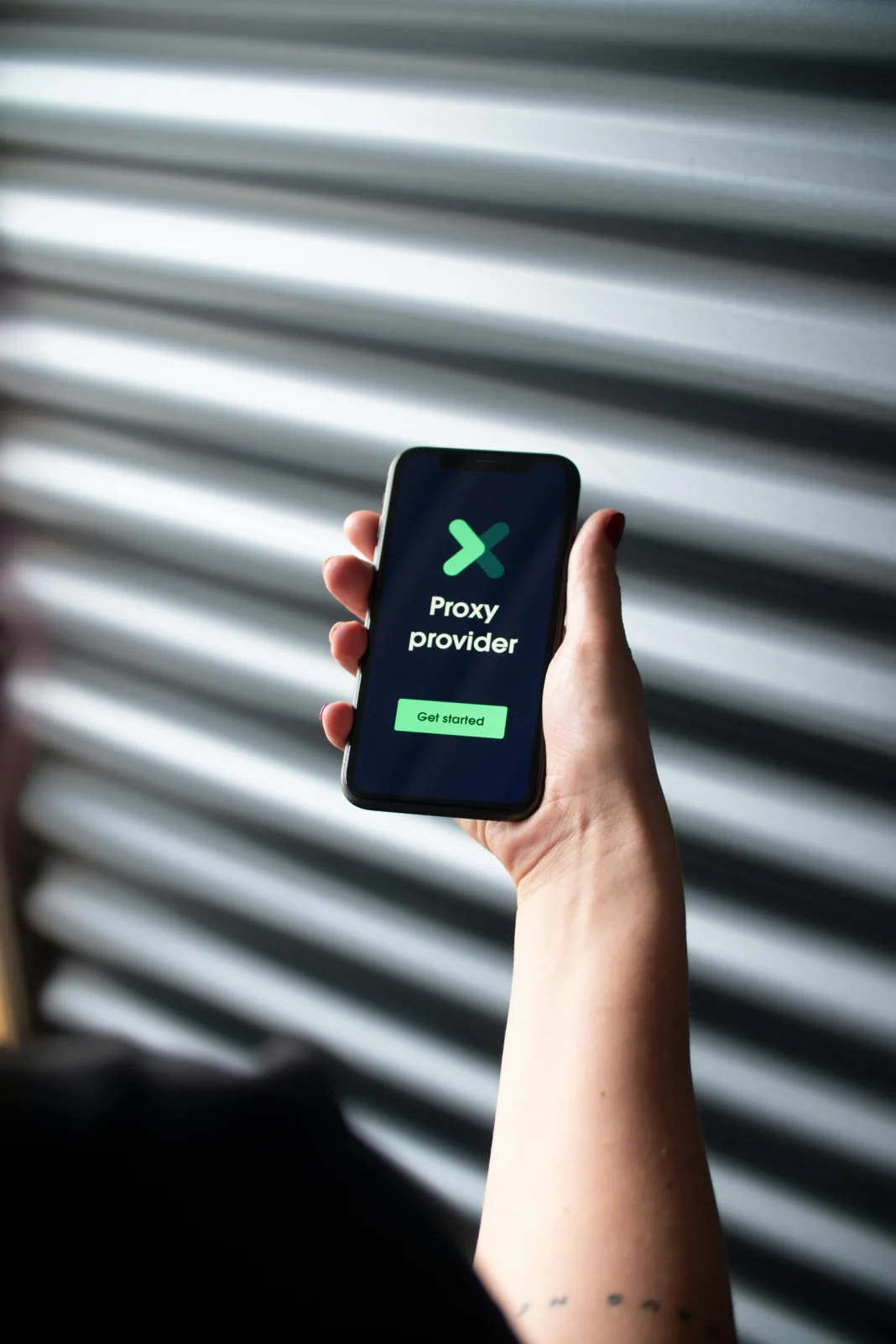What is social media monitoring?
Simply put, it is the use of online tools to monitor certain mentions, keywords, or messages that appear in social media platforms. If you are a brand, this is super important — it helps you with understanding what people are saying about your brand, how they feel about it, what is trending… and be able to respond fast in case of any questions/ issues (even if they don tag you).
This involves more than just monitoring your posts every so often. Rather, it means sourcing and analyzing data from conversations, patterns of engagement, and shifts in sentiment. This lets brands do less guessing and make more Augmented Intelligence-driven decisions.
Some of the elements that you can monitor with social media monitoring tools are –
- Conversations about your brand (either directly or indirectly)
- Performance on your posts (likes, comments, & shares)
- Positive, Negative, or Neutral vibe
- How big is your share of voice on social media compared to competitors
- Questions, complaints, or support issues
- Warning Indications of any type
Hourly, millions of posts, videos, memes, rants, and compliments are being flung rapturously across the web. Social platforms are, quite literally, booming with consumer insights — you just have to know how to harness them. …And all of that noise can cause a PR issue in no time, if it is left unattended.
Yes, there is more to it than likes or someone posts you a transit video. It is about understanding who says what and deciding how to respond.
Social media monitoring vs. Social media listening
People mix these up, but they’re not the same.
- Monitoring – Tracks what’s being said and reacts in real time.
- Listening – Looks at the bigger picture to figure out why people are saying it.
Think of it like this:
Monitoring = What’s being said
Listening = Why it’s being said
Benefits of social media monitoring
It’s now a core part of how brands deliver great customer experiences because it gives real-time insights into what people are doing and feeling. Here’s why it’s such a big deal:
1. Reputation management
If someone complains—whether they tag you or not—they expect you to respond pretty fast. Ignoring it can make things worse, but handling it well can turn an unhappy customer into a loyal one.
2. Brand awareness & advocacy
You’re not just tracking your name—you’re also spotting industry-related conversations you can jump into with tips, fun facts, or ideas. This helps you connect with people and show you actually care.
3. Customer experience feedback
Not all feedback will be positive, but even the complaints are gold if you use them to make things better. Monitoring lets you hear the raw, unfiltered truth about your products and services.
4. Competitive insights
You can see what’s working for your competitors and where they’re messing up, so you can do better.
5. Lead generation
Sometimes, people are online, literally saying they need what you offer. If you spot that first and reply, you can turn them into a customer.
6. Customer personalization
When you combine social media monitoring data with other customer feedback, you can tailor your offers and messages in a way that feels super personal.
(Fun fact: A study on Global Consumer Trends found that 63% of consumers think brands need to listen and act better on feedback. This is your chance to prove you’re different.)
Key objectives of social media monitoring
- Brand reputation management – Fix small problems before they turn into big ones.
- Customer engagement – Reply quickly to comments, tags, and DMs.
- Competitor analysis – Keep an eye on their moves so you can outsmart them.
- Market research – Spot trends early and adapt.
- Crisis management – Notice negative buzz before it blows up.
Best practices for social media monitoring
- Set clear goals – Know exactly what you want from monitoring.
- Pick the right tools – Choose social media monitoring tools that match your budget and needs.
- Track the right keywords & hashtags – Keep your list updated.
- Set alerts – Don’t miss important mentions.
- Check sentiment – Is it good, bad, or neutral?
- Engage back – Don’t just watch—talk to your audience.
Final thoughts
And assessing social media becomes a growth hack, rather than just protecting your brand. It provides insight into what opportunities are on the horizon before your competition, allows you to understand and anticipate your audience’s needs, and illuminates what people really think of you.
You can convert the byproduct of online chatter into viable business strategies with the right process and tools. In today’s fast-paced digital world, this is not simply nice to have but survival.




